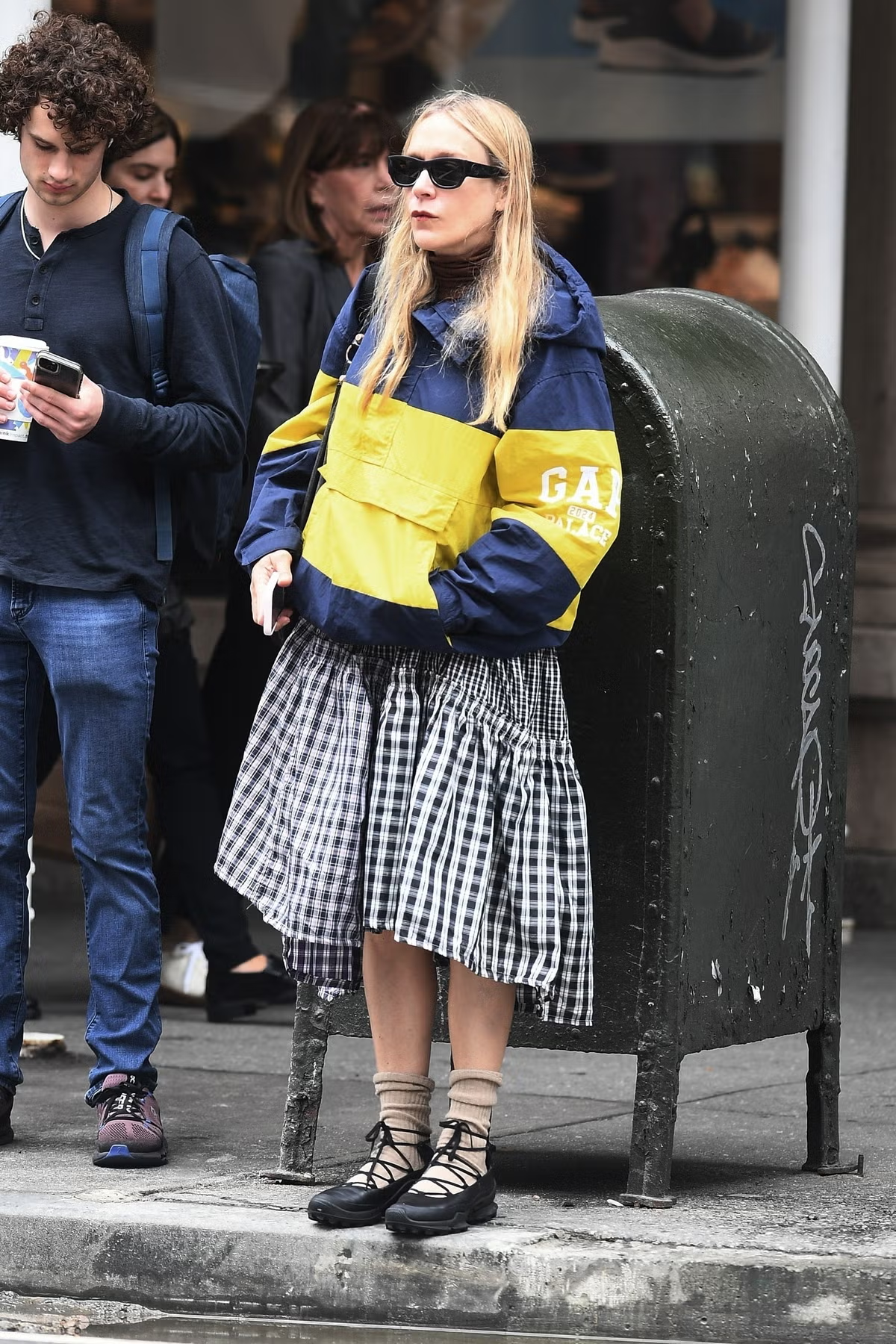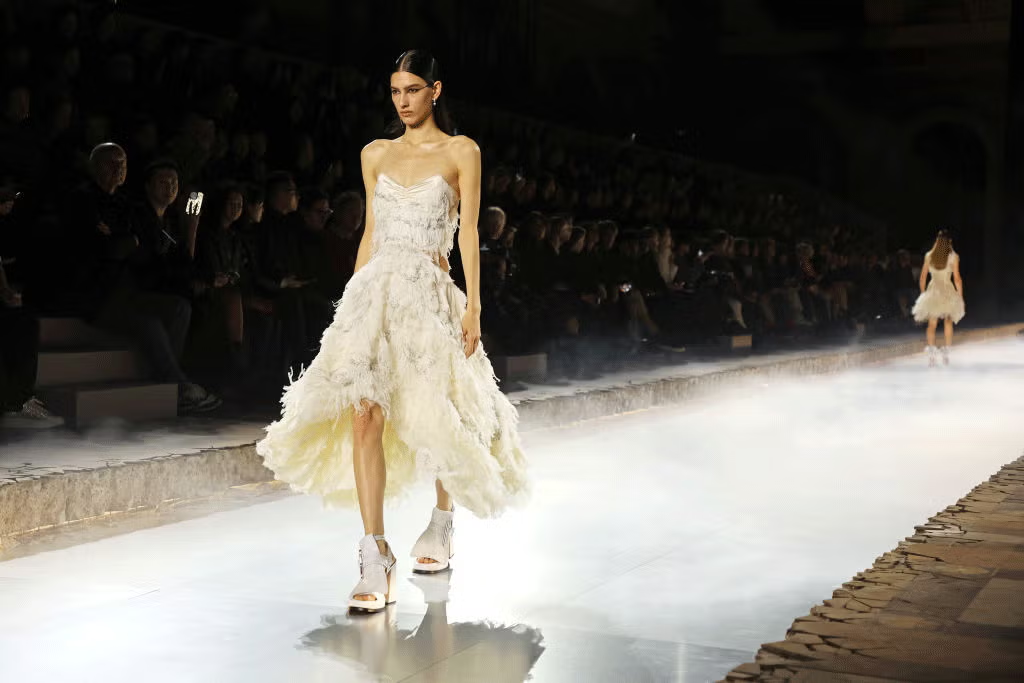A visionary architect of modern storytelling, she doesn’t just create films—she crafts experiences, each frame pulsating with raw emotion and unflinching truth. With every script, every scene, every unscripted revelation, Janet Walker proves that cinema is more than spectacle—it’s a battleground for the fearless. A screenwriter, director, producer, and publisher, she moves seamlessly between mediums, building narratives that grip audiences and refuse to let go.
Her recent presence at the European Film Market wasn’t just another industry event—it was a declaration. A bold manifesto that fearless storytelling still reigns supreme. Armed with five award-winning screenplays and three groundbreaking unscripted series, Janet Walker wields suspense, drama, and investigative depth like an artist with a masterful brush.
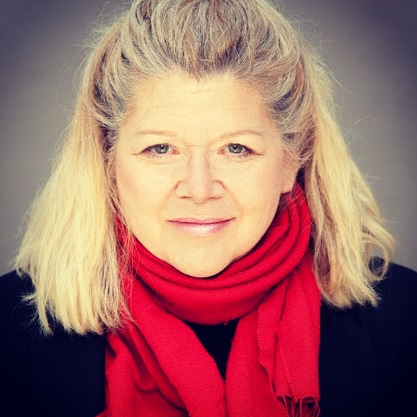
“The Six Sides of Truth” pulls audiences into a high-stakes investigation, where a journalist unearths classified human testing and must outrun the powerful forces trying to silence her. The script’s intricate layers and pulse-pounding intensity have garnered seven Screenplay Festival honors and finalist placements across Tokyo, Montreal, and Berlin.
Then there’s “The Wednesday Killer,” a psychological crime thriller that cuts deep into the shadows of Manhattan, where a sadomasochistic murderer preys on elite women. With fifteen prestigious awards—including a Best Picture nomination from the Dubai Film Festival—this electrifying screenplay cements Janet Walker as a master of high-stakes, edge-of-your-seat thrillers.
She doesn’t stop there. “The Manhattan Project” takes audiences into a world of corruption and cartel intrigue, while “The Assassins of Fifth Avenue” weaves a deadly cat-and-mouse chase between a relentless detective and a criminal mastermind. In “Project 13: The Last Day,” a bioweapon attack leaves society unraveling, a chilling vision of chaos and survival. These cinematic masterpieces have amassed over 120 awards, each a testament to Janet Walker’s unparalleled ability to transform reality into gripping, unforgettable fiction.
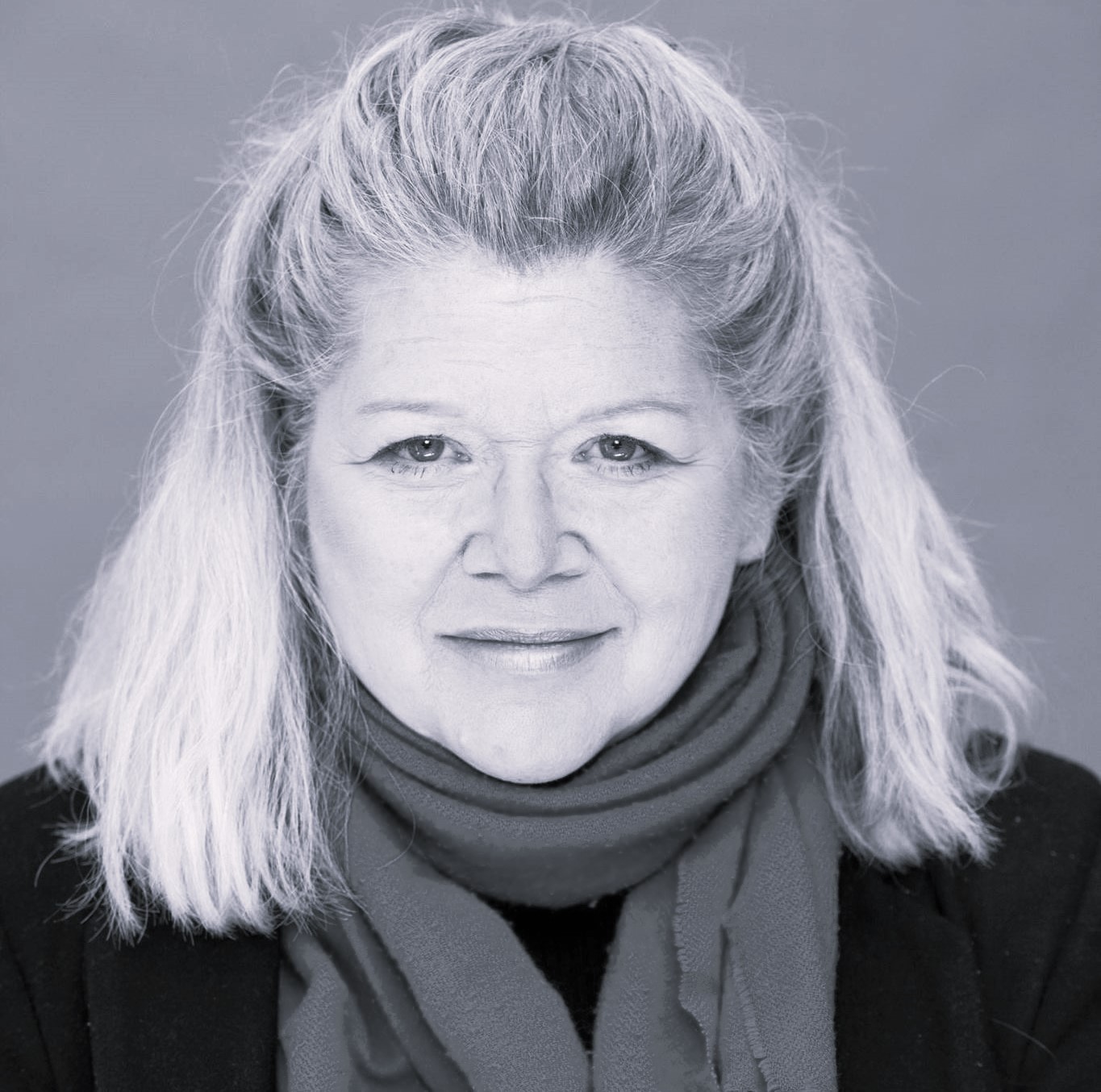
But her genius extends beyond the scripted world. In the realm of unscripted television, she takes audiences on thrilling deep dives into the real and the raw. “Justice Watch Investigates” breathes new life into cold cases, shedding light where darkness once reigned. “Rape, Religion, Wall Street, and Money” unearths corruption in its most harrowing forms, proving that truth is often more shocking than fiction. Then, there’s “The Big Cue Country Road Trip,” where Janet Walker invites audiences to indulge in America’s finest barbecue—a reminder that great storytelling isn’t just about crime and suspense, but also about celebration and culture.
Now, her creative journey takes a striking turn to the literary world with her upcoming nonfiction book, Unholy Alliances: A True Crime Story. This powerful narrative is “an account of facts, and observations that became seared in my mind, and reflections on days, times, seasons, and events that seemed unconnected and disjointed until they are presented in one narrative.” As with her cinematic work, Walker’s book promises to peel back the layers of hidden truths, threading together reality with the same boldness and clarity that defines her voice across every medium.
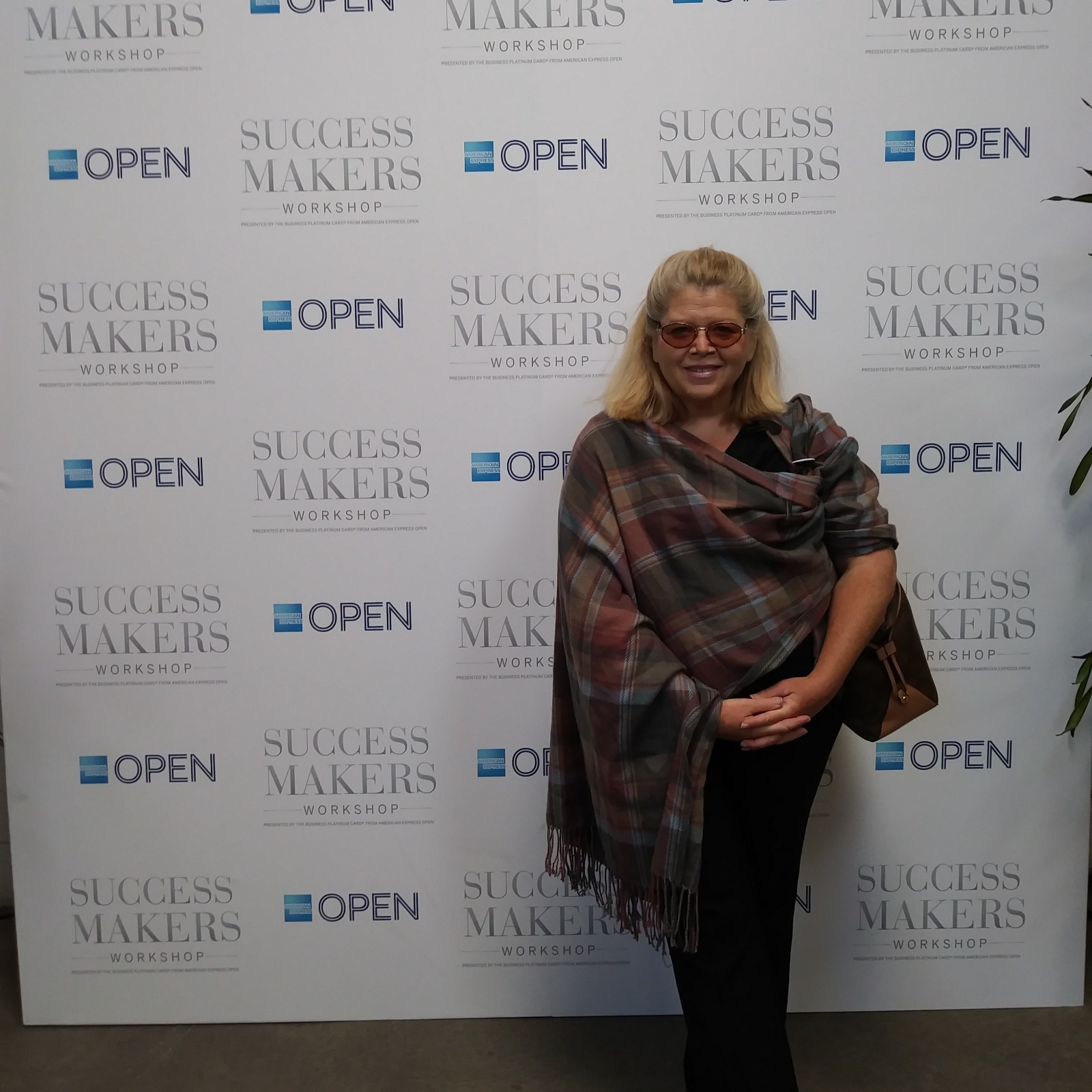
Her passion for uncovering hidden truths extends to the pages of Haute-Lifestyle.com, a boutique luxury magazine dubbed “The Huff Post of Luxury.” Here, high-end living collides with hard-hitting journalism, spanning everything from geopolitics to entertainment, crime to fashion. For over a decade, Janet Walker has curated a space where investigative depth meets the elegance of luxury media, proving that storytelling, in all its forms, is an art of balance.
Her journey—rooted in lived experience, sharpened by her time in Manhattan—has shaped every frame, every word, every revelation. Whether through the lens of cinema, the rigor of journalism, or the unfiltered lens of unscripted television, Janet Walker does more than tell stories. She challenges, she disrupts, she ignites movements. Because for her, storytelling isn’t just entertainment—it’s a revolution.


